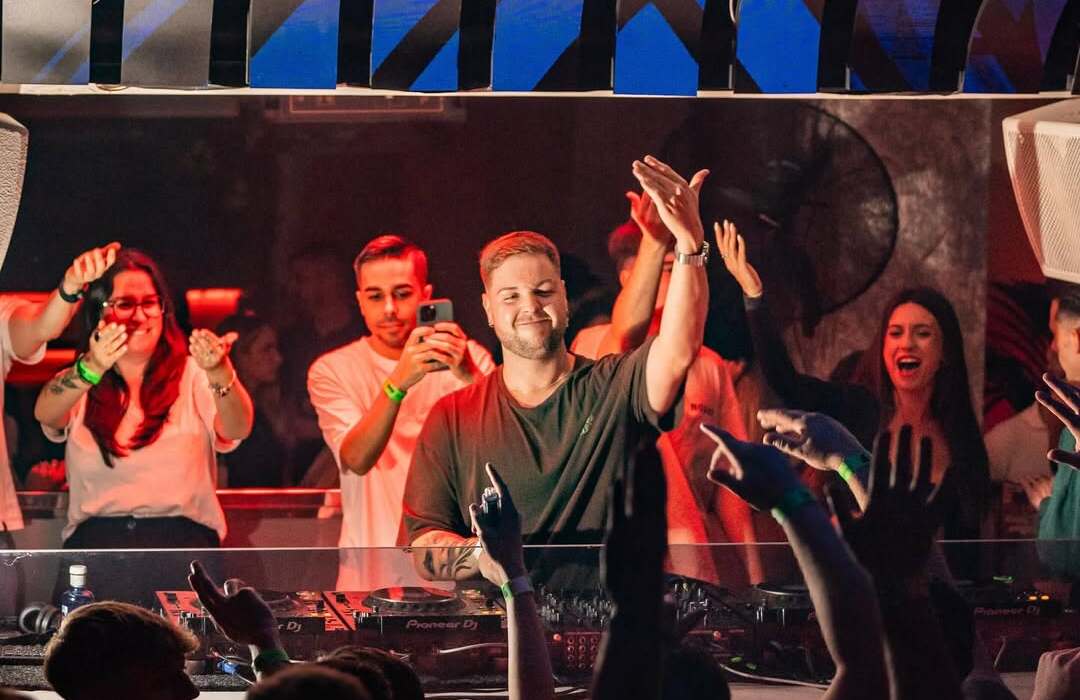WARNING: The following contains spoilers for Platinum End Episode 1, "Gift From an Angel," and Episode 2, "Hero of Justice," now streaming on Crunchyroll and Funimation, as well as discussion of suicide.
Though the classic anime Death Note first aired in 2006, fans are still watching and discussing it to this day. One of the series' most interesting features is its references to Christianity. From the Death Note itself being compared to the forbidden fruit of knowledge to Light washing L's feet, creators Tsugumi Ohba and Takeshi Obata constantly reference the Bible.
It's no surprise, then, that the writer-artist team are continuing this path in their latest anime adaptation, Platinum End. After his middle school graduation, Mirai Kakehashi is ready to end his life of suffering. Unable to find happiness in the world, he jumps to his death but is saved by the angel Nasse. She grants him everything her power can bestow, promising to help him find happiness. However, Nasse forgets to tell Mirai that he's also one of 13 humans competing to become the next God.
Platinum End gets right to the biblical references in Episode 1, when Nasse affirms there are three ranks of angels. Christian angels are also split into three groups, called choirs, with the first being closest to God and the third being closest to man. Nasse is a special rank angel, the highest of the trio she specifies, and she further explains these ranks in Episode 2.
However, since she's one to initially omit important information, it's possible there are more ranks the audience doesn't know about. There is a hint to this in Episode 2, when God calls upon Nasse and the other 12 angels to pick their candidates. If their human is chosen, they will relinquish their angel status and stay beside the new God. This sounds something like a promotion or early retirement.
The hierarchy of biblical angels supports this, as each of the choirs has three classes within them. Nasse and the other 12 are most likely from the third choir, as they have the most dealings with mankind. This is seemingly confirmed by Nasse calling herself Mirai's personal angel. Guardian angels are often seen as personal, as their job is to watch over a specific person for their whole life. Nasse also fulfills this role by saving Mirai's life in Episode 1 and declaring she wants him to be happy.
Following this logic, it is promised that the angel whose human becomes God will then be promoted to a special place in the first choir. The highest position in this choir is the Seraphim, who are only seen close to God's throne. For an angel, there would surely be no higher honor than to be beside God at all times, especially if said God was chosen by them.
Nasse brings even more potential biblical references into play as Mirai gets to know her. Viewers have commented on how her ideas and behavior align her more with a devil than an angel, but that could be the point. The Bible's Book of Ezekiel tells the tale of Lucifer, one of God's most beautiful and powerful angels, and how he was cast out of Heaven for trying to overtake God. Lucifer and all the angels who followed him then became devils. Nasse claims devils don't exist in Platinum End, but Ohba and Obata could be using her moral bankruptcy to show that angels aren't always a model of perfection.
Alternatively, perhaps Nasse doesn't want Mirai to abuse his powers, but is pushing the option in front of him to tempt him. Temptation has always existed in Christian mythos, right from the tale of the Garden of Eden. In this story, God gives Adam and Eve free reign over the garden and makes a single rule: they may not eat the fruit from the Tree of Knowledge. However, Eve eventually breaks this rule and, from this action, original sin is born.
Similarly, Nasse has given Mirai powers beyond human comprehension. He could do anything he wants, but how he chooses to use them could be the key to godhood. After all, a god who uses their powers for selfish purposes wouldn't improve human society. One such god candidate, Tonma Rodriguez, is killed in Episode 1, and again with more context in Episode 2. He decided to flaunt his power and, as a result, he was found by another candidate and killed. His chance at paradise was ruined through his own actions, serving as an example for Mirai to take more care going forward.
All of this information can be deduced from just the first two episodes of Platinum End. If Ohba and Obata's references keep this pace, there will surely be more as the anime progresses.
For more information on the warning signs and prevention of suicide, click here. If you or someone you know is in emotional distress or considering suicide, call the National Suicide Prevention Lifeline at 1-800-273-TALK (8255). If you live outside the U.S., click here for a list of international hotlines.
About The Author

